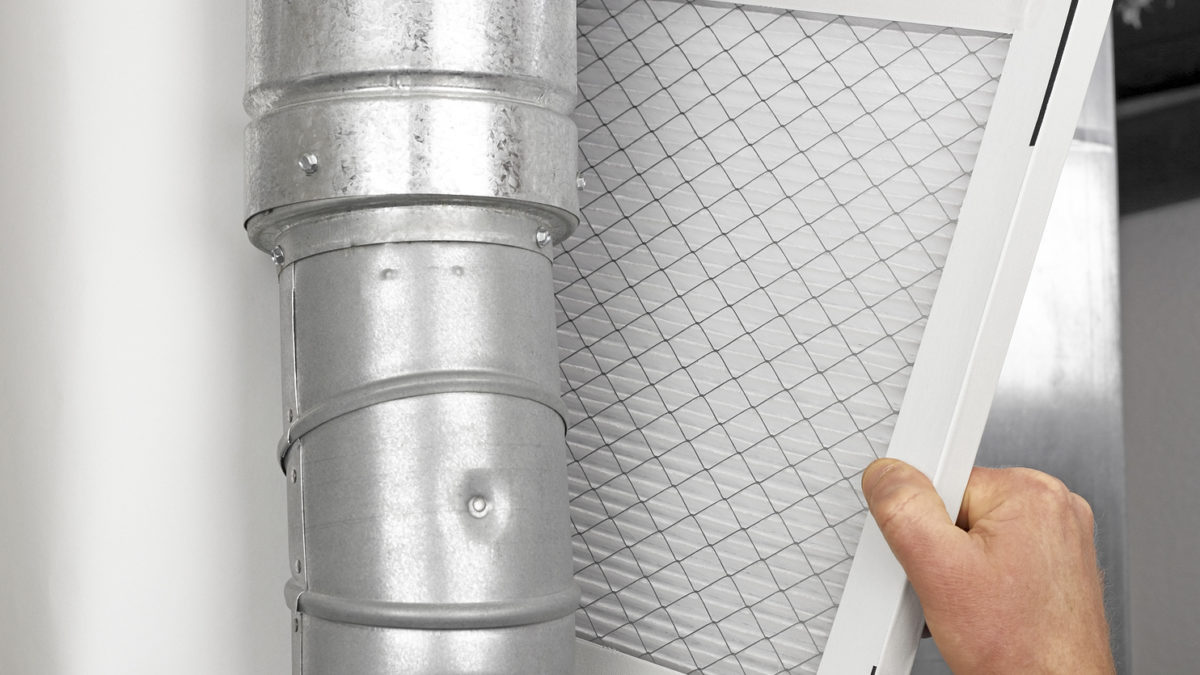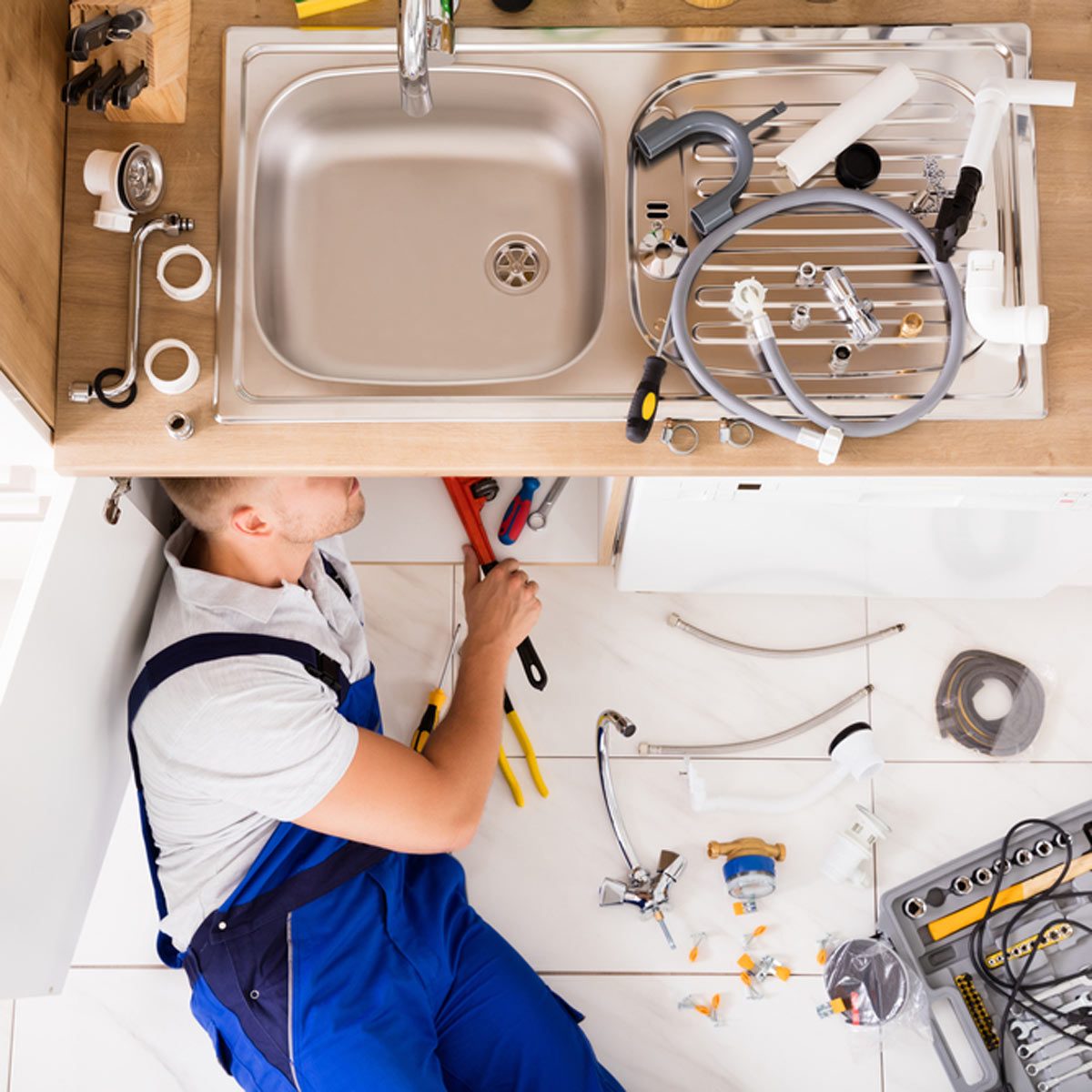Effective Plumbing Winterization Tips to Secure Pipe Bursts in Cold Conditions
Effective Plumbing Winterization Tips to Secure Pipe Bursts in Cold Conditions
Blog Article
The article author is making a few good points related to Prevent Freezing and Bursting Pipes as a whole in this great article following next.

All homeowners that live in warm climates should do their best to winterize their pipelines. Failure to do so can lead to disaster like icy, split, or burst pipes.
Try a Hair Clothes Dryer or Heat Gun
When your pipes are practically freezing, your trusty hair dryer or heat weapon is a godsend. If the warm towels do not assist remove any kind of settling ice in your pipes, bowling hot air directly right into them might help. You may finish up destructive your pipes while attempting to thaw the ice.
Open Closet Doors Hiding Plumbing
It would certainly be handy to open up cabinet doors that are masking your pipes when it's chilly outside. They could be somewhere in your kitchen or restroom. This will permit the cozy air from your heating system to flow there. Because of this, you stop these subjected pipelines from freezing. Doing this little trick can maintain your pipes warm and limit the possibly hazardous results of freezing temperature levels.
Require Time to Cover Exposed Pipes
One great and simple hack to warm up cold pipelines is to cover them with cozy towels. You can cover them first with towels. After protecting them in position, you can pour boiling water on the towels. Do it slowly to let the towels absorb the fluid. You can likewise use pre-soaked towels in hot water, simply do not forget to put on safety handwear covers to safeguard your hands from the warmth.
Activate the Faucets
When the temperature level decreases and also it seems as if the icy temperature level will certainly last, it will help to transform on your water both inside and outdoors. This will keep the water streaming via your plumbing systems. You'll finish up squandering gallons of water this means.
When Pipelines are Frozen, shut Off Water
Turn off the primary water valve quickly if you notice that your pipes are completely frozen or almost nearing that phase. You will usually locate this in your cellar or utility room near the heater or the front wall surface closest to the street. Turn it off immediately to stop additional damages.
Don't forget to shut exterior water sources, also, such as your connection for the yard home. Doing this will certainly prevent additional water from filling up your plumbing system. Sadly, with more water, even more ice will certainly accumulate, which will ultimately cause rupture pipes. If you are unclear about the state of your pipes this winter season, it is best to call an expert plumber for an examination. Taking this positive approach can conserve you countless dollars out of commission.
All homeowners who live in temperate environments need to do their best to winterize their pipelines. Failing to do so can spell disaster like icy, fractured, or ruptured pipelines. If the warm towels do not aid displace any kind of settling ice in your pipelines, bowling hot air directly right into them might assist. Turn off the major water shutoff right away if you see that your pipes are completely frozen or almost nearing that phase. With even more water, more ice will stack up, which will at some point lead to break pipelines.
PREVENT YOUR PIPES FROM FREEZING THIS WINTER
A Leading Cause of Property Damage
When the weather is taking a deep nose dive into the cold dreary days, the risk of your pipes freezing and potentially bursting skyrockets. Unfortunately, during these cold dreary months, burst pipes are the most common denominator for property damage. The pipes that are most at the risk are those that are in areas where it is most cold in your home. For instance, pipes located in interior places such as basements, attics, and your garage. Unfortunately, that doesn’t mean that the pipes running through your cabinets or exterior walls can’t freeze. Good news, however, is that you can do things to help prevent pipes from freezing.
How to Prevent Pipes From Freezing
Once the temperature starts to drop during the winter, you should be taking the proper measures needed to ensure that your pipes stay warm and that there is circulation of water through them. Some steps that experts may recommend could go against your better judgement when it comes to saving water and heat. However, it would go without saying that when expenses are compared, damaged pipes could put a bigger dent in your wallet than a water bill.
What Can I Do?
Keep your garage door closed. This is very important, especially if you have water supply lines running through your garage. Open your kitchen and bathroom cabinets to allow warm air to circulate through them. Allow air circulation throughout your home. Keeping the interior doors open will once again allow the warm air to circulate inside your home. Ensure your thermostat is running the same temperature throughout the night and day. If you plan to be away from home during the cold months, set your temperature no lower than 55° F. This should provide enough heat to keep the pipes warm and prevent any remaining water inside the pipes from freezing. For more of a long-term solution, add insulation to attics, basement, and other crawl spaces around your home. By allowing your faucet to drip, it will alleviate pressure in the system. This is important because the pressure that is created between the blockage and the faucet can potentially cause the pipes to burst. Allowing the faucet to drip will prevent the pressure from building up, therefore keeping the pipes from bursting. Seal any cracks, openings, and crawl spaces around your home to prevent cold air from coming inside. This keeps your pipes-not to mention your home-warmer and less susceptible to issues caused by freezing temperatures. For the pipes in your home that are easily accessible, applying electrical tape to them might prevent them from freezing over. This is a quick fix, as you can apply the tape directly to the pipe. There are two options for heating tapes. One turns on and off by itself when it senses heat is needed. The other type of heating tape needs to be applied when heat is needed and removed when not necessary. If you have exposed pipes in your home, you can check this website to take a look at a few options that would be available at a shop near you.

Hopefully you enjoyed reading our excerpt on Winterizing Your Pipes. Thank you so much for spending some time to browse our blog. Kindly take the opportunity to promote this blog entry if you enjoyed it. Thanks for taking the time to read it.
Visit Site Report this page